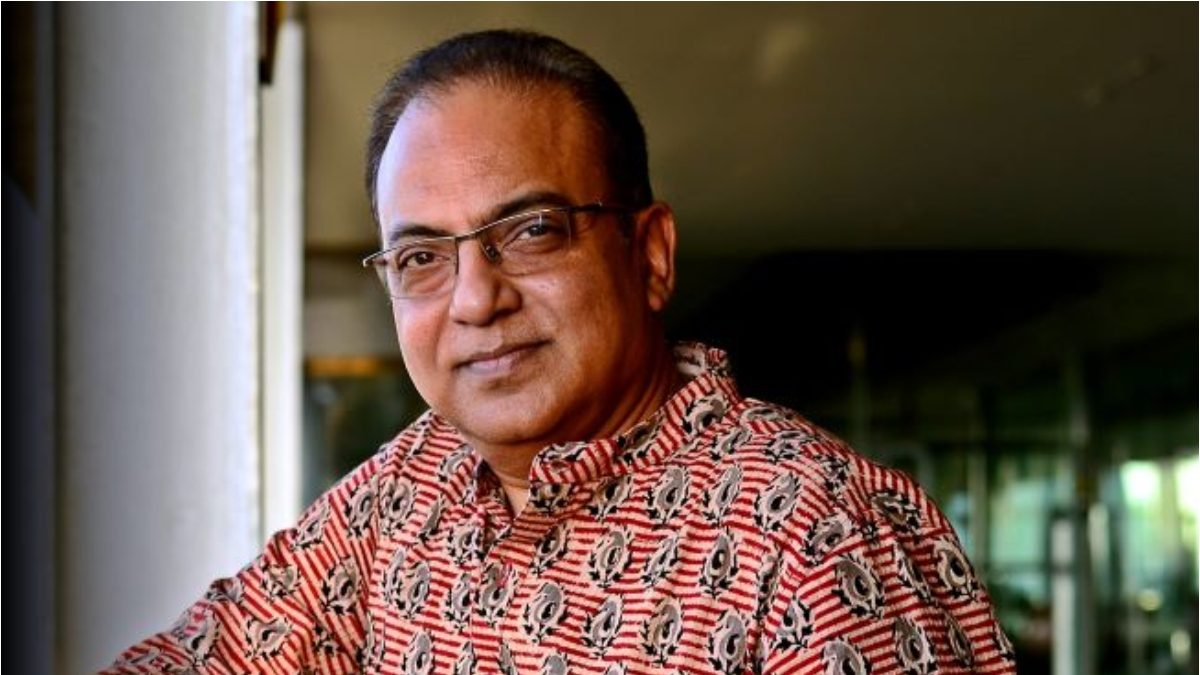The recent suspension of prominent Bengali filmmaker Arindam Sil by the Directors’ Association of Eastern India (DAEI) has sent shockwaves through the Tollywood industry. This landmark decision, prompted by allegations of sexual misconduct by an actress, marks a significant step towards addressing a pervasive issue within the industry. It underscores a growing awareness and sensitivity to the complexities of consent and power dynamics within the entertainment realm.
A Groundbreaking Decision in Tollywood
The suspension of Arindam Sil, a prominent figure in Bengali cinema, signals a crucial shift in Tollywood’s approach to sexual misconduct. It represents the first instance of concrete action being taken against a prominent individual based on such allegations. The decision to suspend Sil, effective immediately, was reached after a thorough evaluation of evidence, including a complaint filed by the actress with the West Bengal Commission for Women. This move breaks with the often-pervasive culture of silence and denial that has historically surrounded allegations of sexual harassment in the entertainment industry.
Sil’s Perspective and The Importance of Investigation
While Sil maintains that his actions were unintentional and expresses regret, the DAEI’s decision reflects the growing importance of taking allegations of misconduct seriously and conducting a fair investigation. The DAEI, after receiving Sil’s explanation and apology, opted to proceed with the suspension, signaling their commitment to protecting victims and ensuring accountability. It is imperative to remember that an individual’s intentions do not absolve them from the impact of their actions, especially in cases of potential power imbalances.
The Impact of the Incident
This case sheds light on the complexities of consent and the vulnerabilities that actors, particularly female actors, face in film sets. While Sil contends that his conduct was misinterpreted, the DAEI’s decision highlights the importance of creating a safe and respectful work environment for all, irrespective of position or power. The actress’s willingness to come forward with her complaint is a significant step, encouraging others to speak out against any form of abuse or harassment they may have faced.
Encouraging a Culture of Accountability
This event marks a crucial turning point in Tollywood. The DAEI’s response reflects a growing willingness to address issues of sexual harassment head-on. It sets a precedent for holding those in positions of power accountable for their actions. This positive development needs to be encouraged, ensuring that the industry fosters a culture where all individuals feel safe, respected, and empowered to speak up against any form of inappropriate behavior.
The Wider Context and Future Implications
This case serves as a reminder that the issue of sexual harassment is not unique to Tollywood or any particular industry. It is a widespread concern that demands proactive and decisive action. The DAEI’s response is a step in the right direction, signaling a commitment to ensuring that the industry prioritizes safety, respect, and accountability.
Lessons Learned
The suspension of Arindam Sil underscores several crucial lessons:
- The importance of recognizing and addressing power imbalances: Power dynamics within the film industry can create a vulnerability for individuals, particularly those seeking opportunities.
- Prioritizing investigation and due process: Addressing allegations of misconduct requires a fair and thorough investigation, ensuring the perspectives of both parties are considered.
- Creating a culture of safety and support: A robust system of reporting and support for those who experience harassment or abuse is vital for building trust and fostering a positive working environment.
Takeaway Points
The DAEI’s suspension of Arindam Sil marks a turning point in Tollywood, signaling a shift towards a more responsible and accountable industry. This incident underscores the critical need for ongoing dialogue and proactive measures to combat sexual harassment. Moving forward, the industry needs to prioritize fostering a culture where:
- Consent and respect are paramount
- Reporting mechanisms are clear and accessible
- Accountability is upheld
- Support and resources are readily available to victims
By embracing these principles, the film industry can move towards a future that values the safety, dignity, and well-being of all individuals involved.




